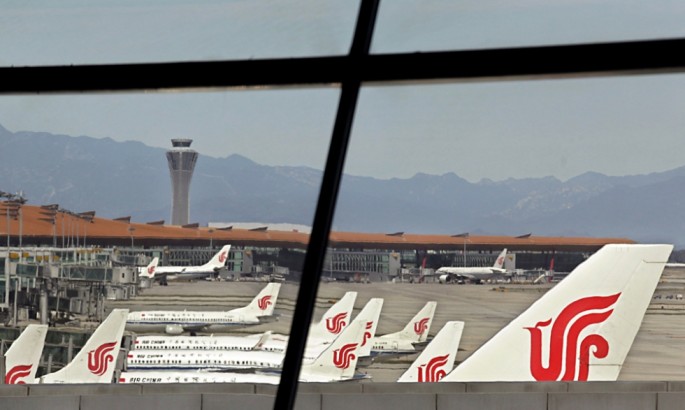Chinese airports have tightened security due to the looming threat of the Middle East Respiratory Syndrome (MERS-CoV) in the country. Two South Korean nationals have already died from the respiratory illness while 25 people have been infected.
Strengthened quarantine inspections and anti-epidemic measures have been adopted by the Beijing Capital International Airport (BCIA) and Guangzhou Baiyun International Airport.
Upon the request of the General Administration of Quality Supervision, Inspection, and Quarantine, BCIA has installed infrared thermometers to better monitor temperatures of inbound passengers. Quarantine inspectors, on the other hand, will be on the lookout for those who experience difficulty in breathing or those who have fever and cough.
The heightened alert to combat the entry of the respiratory illness in China was spurred when an infected South Korean national entered Huizhou City via Shenzhen from Hong Kong.
The number of those who had close contact with the confirmed patient rose to 78 in Guangdong, according to the Provincial Health and Family Planning Commission. 69 of them have been quarantined, while nine passengers have not been contacted.
MERS-CoV was first reported in Saudi Arabia in 2012 and has spread in several countries including the United States. Caused by a coronavirus that attacks the respiratory system, infected individuals develop acute respiratory illness. Symptoms include shortness of breath, fever and cough.
Provincial health authorities remain optimistic, as the South Korean national's condition was reported to have improved.
Additionally, those who are quarantined have yet to show any indicative symptoms.
The National Tourism Administration and the Ministry of Foreign Affairs have not issued travel warnings for South Korea.



























